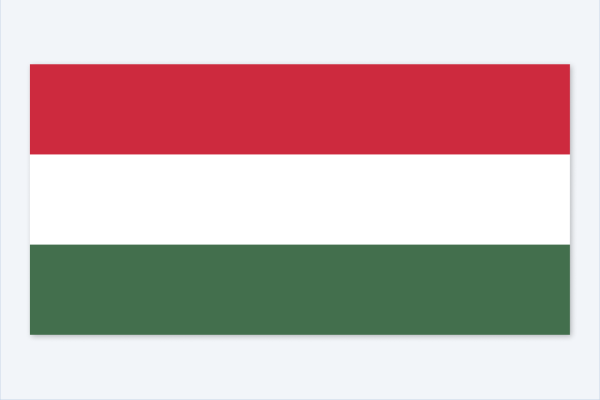About

Hungary
Hungary is a landlocked country in Central Europe with a rich history and a population of about 9.8 million. It is known for its unique language, diverse culture, and famous inventions like the Rubik's Cube and the ballpoint pen. Its geography is defined by fertile plains and the large Lake Balaton, and the capital city is Budapest, situated on the Danube River.
The cost of living in Hungary is generally lower than in Western Europe, with single people needing approximately €600 per month (excluding rent) and families of four needing around €2,000. Housing is the most significant expense, with average rents ranging from around €120,000 to €280,000 for a one-bedroom apartment in a city center and €100,000 to €200,000 outside of the center. Monthly utilities, internet, and public transport costs add to the total expenses.
International students in Hungary can work up to 30 hours per week during the academic term and full-time for a maximum of 90 days a year outside the term. No additional work permit is required, and they can find jobs in various sectors, often in roles like baristas, waiters, and kitchen staff. However, it is highly unlikely for part-time earnings to cover both living expenses and tuition, which typically requires family support or scholarships.